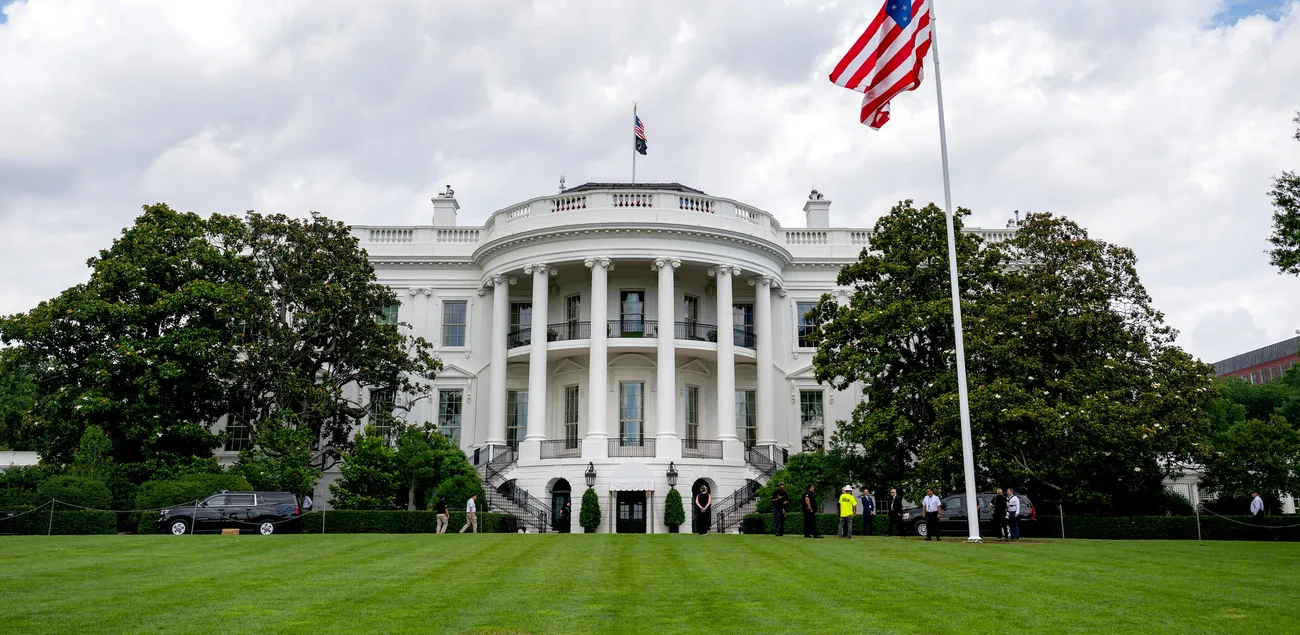
MP Materials, rare-earths miner, and Albemarle, lithium producer, stand to benefit as the Commerce Department considers reallocating at least $2 billion from the CHIPS and Science Act toward mining, processing and recycling projects, according to people briefed on the talks. The shift would move money from semiconductor research and fab incentives to shore up U.S. supplies of minerals used across electronics and defense, and would expand Commerce Secretary Howard Lutnick’s influence over funding decisions.
What would change inside CHIPS
The CHIPS Act totals $52.7 billion and was enacted in 2022 to rebuild U.S. chipmaking and R&D. Since taking office in January, President Trump has pushed to renegotiate chipmaker awards and is exploring government equity stakes in recipients, including a proposed 10% stake in Intel. Reallocating $2 billion would avoid a fresh congressional ask while redirecting part of CHIPS toward upstream inputs such as gallium, germanium and rare earths. Specific grant or equity structures for minerals projects are still under discussion.
Coordination push after MP Materials deal
White House officials want a single point of control after the Pentagon’s multibillion-dollar investment in MP Materials and plans to expand a price-support mechanism prompted questions about whether Washington intended broad price floors for miners. The administration later emphasized it does not seek an MP monopoly and convened mining firms and customers to signal support for the wider sector. Shifting oversight toward Commerce would centralize decisions that had been split among Defense, Energy and other agencies.
Who could benefit—and what remains unclear
Mining companies, midstream processors and recyclers are in the frame, but the form of support—grants, loans or equity—has not been settled. Albemarle has said a planned U.S. lithium refinery is difficult to justify without government backing, underscoring why policymakers see financing gaps in refining and separation capacity. Separately, the Energy Department last week outlined nearly $1 billion in critical-materials funding under the Bipartisan Infrastructure Law, indicating parallel channels of support outside CHIPS.
Policy backdrop: trade and procurement signals
Beijing’s tighter grip on exports of magnets and key inputs has periodically constrained global supply, sharpening U.S. interest in domestic capacity for materials central to chips, EVs and defense systems. The administration has also invoked emergency powers and signed executive orders aimed at accelerating domestic and offshore minerals development. Trump met the CEOs of Rio Tinto and BHP at the White House last week, a public signal of backing for U.S. mining even as courts weigh the Resolution Copper case.
Company Background and Market Context
MP Materials operates the Mountain Pass mine in California and has been building U.S. rare-earth processing and magnet capacity. Defense Department support this summer made the company a focal point of Washington’s drive to onshore magnet supply, while the White House moved to clarify that broader sector support remains the aim. Albemarle, headquartered in North Carolina, is the largest lithium producer by volume, but has paused a planned South Carolina refinery as lithium prices fell; management has pressed for policy tools to close the economics of Western refining. Lutnick, who previously ran Cantor Fitzgerald, now oversees CHIPS implementation; Cantor is a major shareholder in Critical Metals Corp, which has a U.S. Ex-Im Bank letter of interest for a Greenland rare-earths project.
Titanium, copper or nickel are not the focus here; the immediate metals lens is lithium and rare earths. Lithium prices have slumped from 2023 peaks, delaying new refineries, while rare-earth magnet trade has been volatile amid China’s licensing regime. These dynamics help explain why the U.S. is weighing repurposed CHIPS funds alongside Energy Department programs to support non-Chinese supply chains



